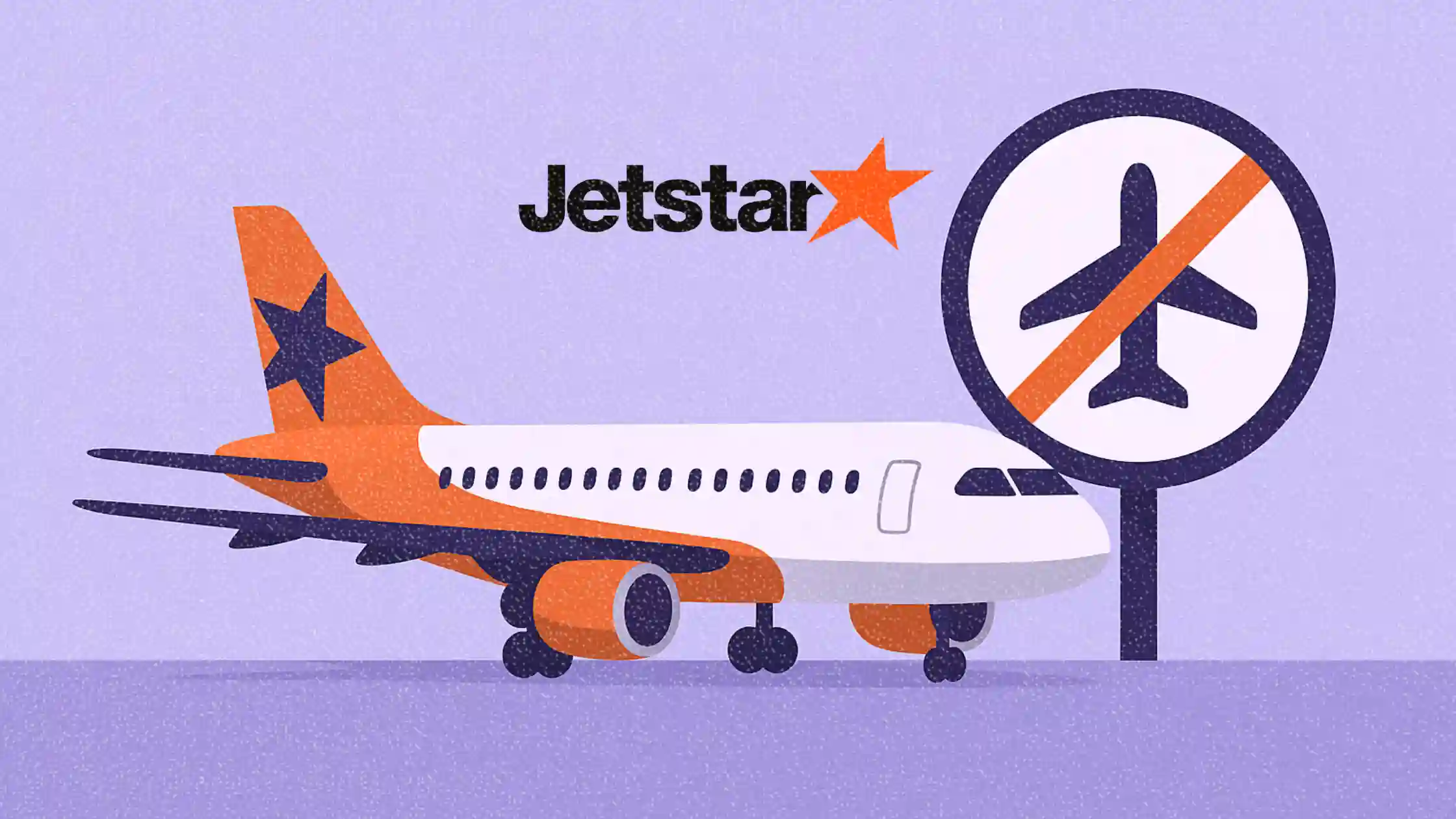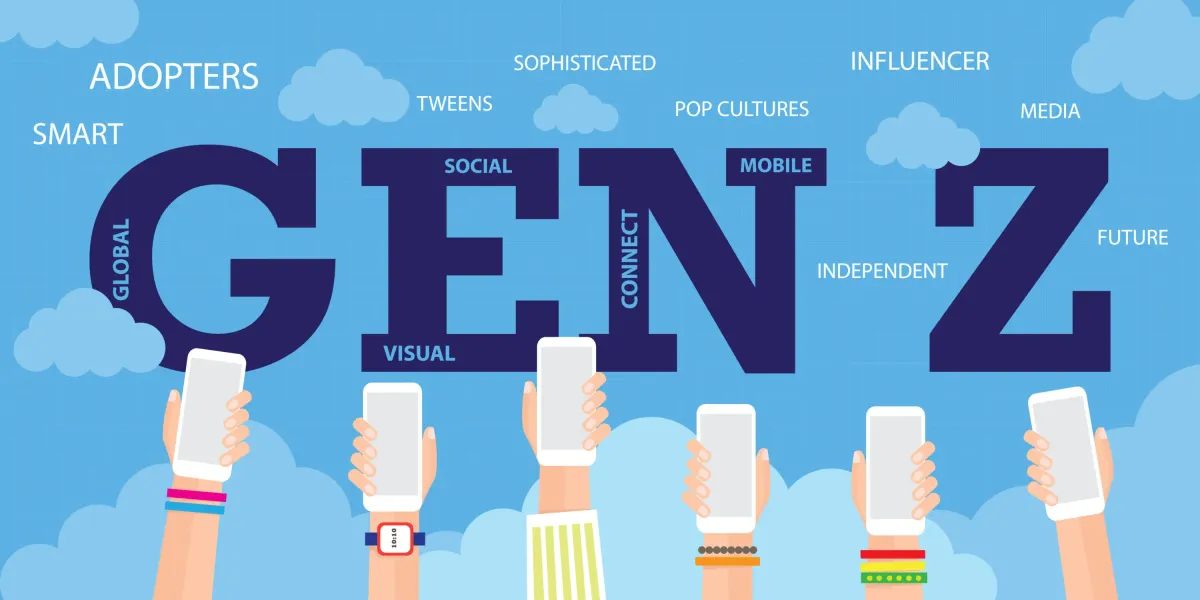Jetstar Asia’s closure: why sharp marketing couldn’t save a price-first airline
Jetstar Asia is folding despite a strong brand parent. Here's why marketing alone couldn't carry it through.

Jetstar Asia, the Singapore-based low-cost airline under Qantas Group, will cease operations by July 2025.
This closure comes amid rising supplier and airport costs, intensified competition in Asia’s budget aviation sector, and sustained financial losses. The carrier is expected to post a loss of AU$35 million in EBIT this year.
The announcement sparked questions not just about business viability, but also marketing strategy. In a market where price often trumps all else, does brand marketing even matter? And if it does, why wasn’t it enough to save Jetstar Asia?
This article explores what led to Jetstar Asia’s closure, why marketing efforts failed to gain altitude, and how LCC marketers can avoid the same fate.
Short on time?
Here’s a table of contents for quick access:
- Jetstar Asia’s closure, explained
- When cheap isn’t cheap enough
- What marketers should know: positioning vs. pricing
- Why performance alone isn’t the answer either

Jetstar Asia's closure, explained
Jetstar Asia, launched in 2004 as a Singaporean extension of the Jetstar brand, will wind down operations by July 31, 2025. The Qantas Group cited unsustainable economics—rising airport fees, stiff competition, and lack of strategic returns compared to its core Australia and New Zealand markets.
The group will redirect up to AU$500 million in capital toward fleet renewal, a move aligned with Qantas' long-term strategy. About 500 jobs are expected to be impacted.
Passengers with existing bookings will receive refunds or re-accommodation support where possible.

When cheap isn't cheap enough
In Asia, the low-cost carrier (LCC) game is ruthlessly competitive.
Brands like Scoot and AirAsia have long set the tone with razor-sharp pricing and vibrant marketing personas. But Jetstar Asia failed to stand out—not just in fares, but in positioning.
According to Delbert Ty, fractional marketing leader and former CMO of Coffee Meets Bagel, the brand’s Achilles’ heel was a lack of sharp differentiation. “When it came to pricing with all the daily variances, it was not even the lowest price most of the time. So, what do you get? You get a brand that positions itself as no frills, but has to compete against Scoot and AirAsia which stand for something way beyond just being cheap,” he said.
“No amount of marketing can help a brand whose positioning isn't sharp enough. It just won't be financially feasible to sustain any spend if you don't build equity around it.”
While the airline leaned into occasional marketing campaigns—like its quirky “Soar for Singapore” video in 2024 that garnered 108M impressions—it never established a consistent narrative or value proposition that went beyond low fares.
What marketers should know: positioning vs. pricing
Sharon Koh, ex-Head of Marketing at Scoot, pointed out that marketing within an LCC is not just about awareness or aesthetics. “Marketing needs to be tightly integrated within the entire LCC business ecosystem." said Koh.
"On a tactical level, the marketing function is crucial in driving direct sales, including the ability to respond quickly to dynamic pricing and revenue management.” she added.
Marketing in the LCC world is tactical and transactional: last-minute promos, email blasts, dynamic retargeting. But it also needs strategic lift: brand trust, emotional resonance, and clear differentiation.
Jetstar Asia lacked both.
David Lim of Avante Strategies said that LCCs like AirAsia and Scoot succeeded by embedding aspirational narratives in their brand promises. “People don’t just fly from point A to B,” he noted.
“Scoot and AirAsia have done a great job in this area with 'Escape the ordinary' and 'Now everyone can fly" respectively. Their brand positioning drives a deeper affiliation with their passengers, leading the latter to understand their 'whys' when choosing a particular LCC when price points are all too similar,”
Without a strong “why,” Jetstar Asia struggled to gain mindshare—even if it had a decent offering on paper.
Why performance alone isn't the answer either
Jetstar’s recent social campaigns, including influencer content for routes like Broome and Labuan Bajo, were timely and visually sharp—but ultimately couldn’t make up for weak operational perception.
As Kevin Kan of Break Out Consulting noted, “For consumers, price and reliability is going to be the most important consideration. Regardless of how much marketing you do, you are going to have to 'prove' you provide reliable and affordable travel options.”
“Regardless of what marketing efforts are taken, it will only make a difference if it is proven with factual results, such as on-time performance data.” Kan added.
He also warned that other regional LCCs like Batik Air should heed this cautionary tale: invest in marketing, yes—but only after locking in positioning and delivery.
Don't just sell seats, sell stories
Jetstar Asia’s fall isn’t just about cost pressure—it’s about brand fragility in a commoditized market.
For LCC marketers, the lesson is clear: pricing may get you noticed, but positioning earns you loyalty.
If your brand doesn’t stand for something—freedom, discovery, even national pride—your campaigns will be forgettable. And when prices fluctuate or competition intensifies, forgettable brands are the first to get cut.
Marketing still matters—but only when it’s built on a foundation that can actually fly.





